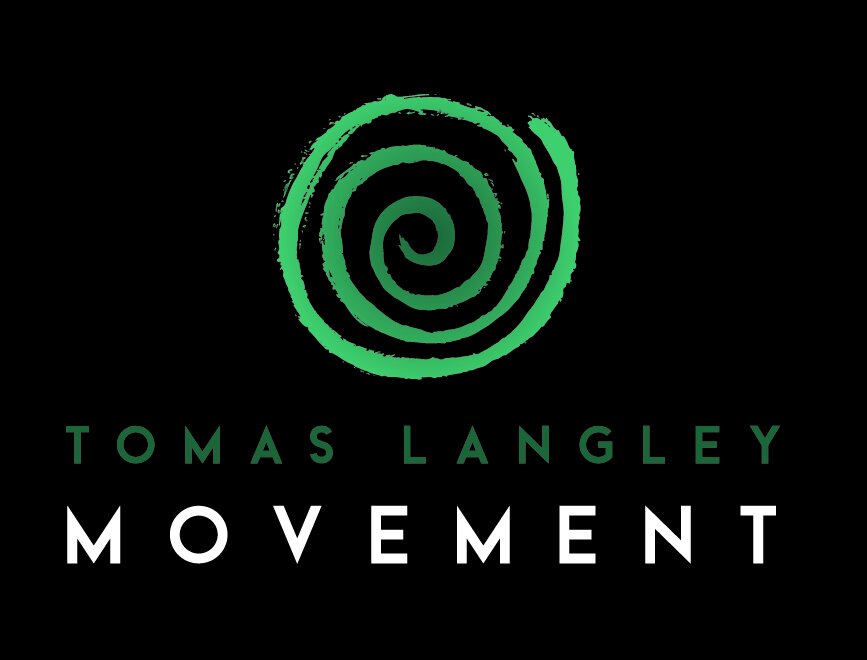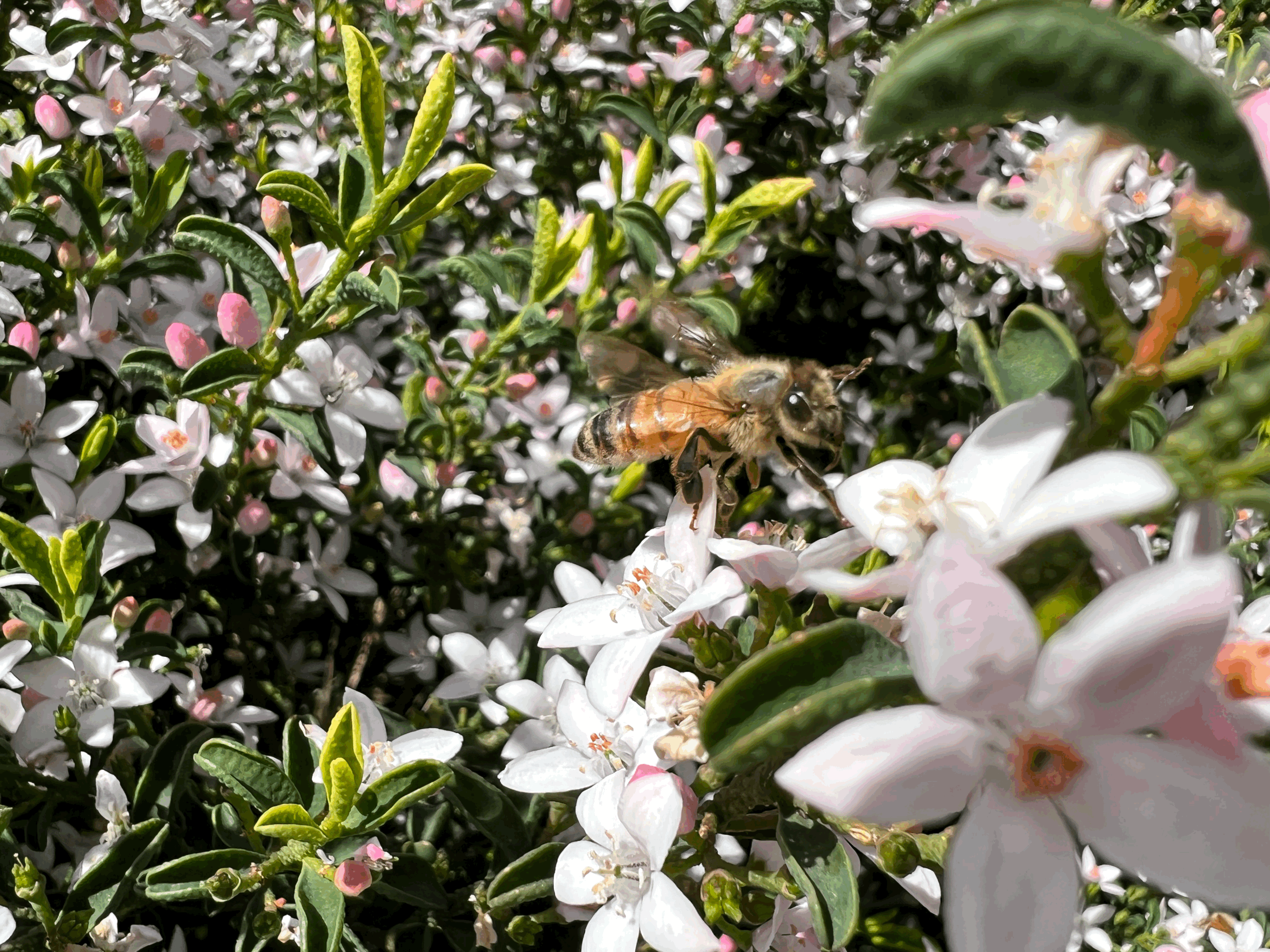"Pay attention" is a phrase my students have heard often. Whether it's during a spinal wave, a chin-up, or a handstand I'll ask students to pay attention.
It's not only that paying attention will make these movement skills better. It's an opportunity to practice an important skill for every aspect of life!
Thich Nhat Hanh talks about this in his classic book on mindfulness: "Every day and every hour, one should practice mindfulness. That's easy to say, but to carry it out in practice is not."
As I do every Spring, I have been paying close attention to the beautiful flowers in nature. Just as within our movement practice, the closer we look, the more detail and wonders we can find 🐝 🕷🐜






